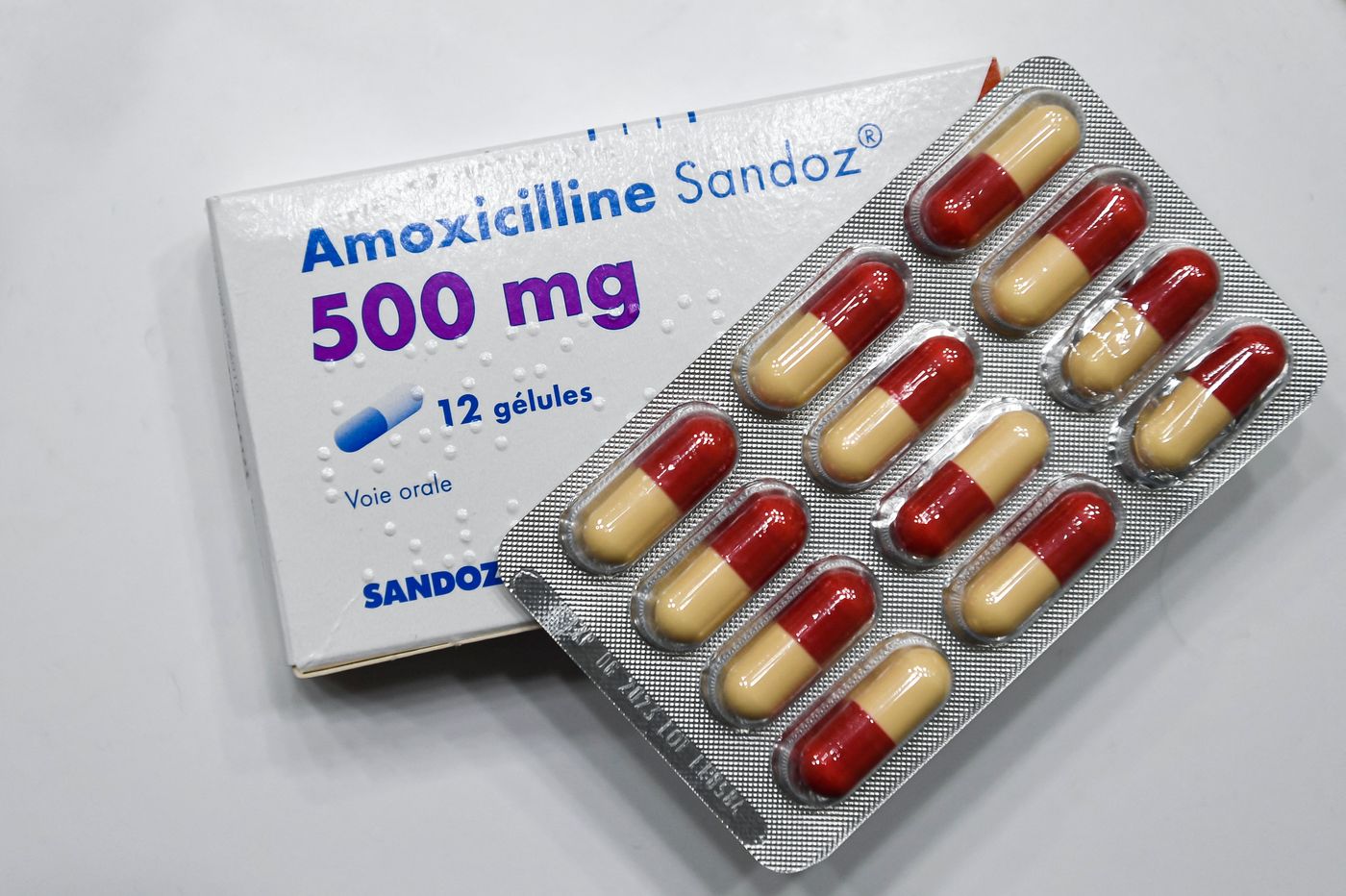Infectious Chorea: Symptoms, Causes, Treatment
What are the symptoms of infectious chorea?
Infectious chorea, also known as Sydenham’s chorea, is a neurological disorder characterized by involuntary, rapid, jerky movements that occur suddenly and unpredictably. It is most commonly associated with rheumatic fever, a complication of untreated streptococcal infection. The symptoms of infectious chorea can vary in severity but may include:
- Involuntary movements: The hallmark symptom of chorea is involuntary movements that can affect any part of the body. These movements are often described as jerky, writhing, or dance-like.
- Muscle weakness: Some individuals with chorea may experience muscle weakness or loss of muscle control, particularly in the face, tongue, and limbs.
- Emotional and behavioral changes: Chorea can be associated with emotional and behavioral changes, such as irritability, emotional lability (rapid changes in mood), and obsessive-compulsive symptoms.
- Speech difficulties: Chorea can affect the muscles used for speech, leading to speech difficulties such as slurred speech or difficulty articulating words.
- Muscle stiffness: In some cases, individuals with chorea may experience muscle stiffness or rigidity, particularly during periods of rest.
- Balance and coordination problems: Chorea can affect balance and coordination, leading to difficulties with walking or performing fine motor tasks.
- Fatigue: Individuals with chorea may experience fatigue or weakness, particularly after episodes of increased movement.
It’s important to note that the symptoms of infectious chorea can vary widely among affected individuals, and not all individuals will experience the same symptoms or severity of symptoms. If you suspect that you or someone you know may have infectious chorea, it’s important to seek medical attention for proper diagnosis and management.
What are the causes of infectious chorea?
Infectious chorea, also known as Sydenham’s chorea, is primarily caused by an autoimmune response triggered by an infection with group A Streptococcus bacteria. This autoimmune response is believed to result in inflammation in certain parts of the brain, particularly the basal ganglia, which are involved in controlling movement. The exact mechanism by which the autoimmune response leads to chorea is not fully understood, but it is thought to involve the production of antibodies that mistakenly attack the basal ganglia.
Infectious chorea is most commonly associated with rheumatic fever, which is a complication of untreated streptococcal infection, particularly streptococcal pharyngitis (strep throat). Rheumatic fever can lead to inflammation in various parts of the body, including the heart, joints, skin, and brain. Chorea is one of the major criteria used to diagnose rheumatic fever.
While rheumatic fever is the most common cause of infectious chorea, other infections and conditions that can trigger an autoimmune response may also be associated with chorea. These include:
- Systemic lupus erythematosus (SLE)
- Lyme disease
- HIV/AIDS
- Antiphospholipid syndrome
- Tuberculosis
- Syphilis
- Encephalitis
In some cases, the cause of chorea may not be clearly identified, and it may be classified as idiopathic chorea. However, infectious causes should always be considered, especially in cases where there is a history of recent infection or other symptoms suggestive of an underlying infectious process.
What is the treatment for infectious chorea?
The treatment for infectious chorea, also known as Sydenham’s chorea, typically involves managing symptoms and addressing the underlying cause, which is often rheumatic fever. Treatment may include:
- Antibiotics: If the chorea is associated with an active streptococcal infection or rheumatic fever, antibiotics such as penicillin or erythromycin may be prescribed to treat the infection and prevent further complications.
- Anti-inflammatory medications: In cases of rheumatic fever, anti-inflammatory medications such as aspirin or corticosteroids may be used to reduce inflammation and alleviate symptoms.
- Symptomatic treatment: Medications such as antipsychotics, benzodiazepines, or anticonvulsants may be prescribed to help manage the involuntary movements associated with chorea.
- Physical therapy: Physical therapy may be recommended to help improve muscle strength, coordination, and mobility.
- Speech therapy: Speech therapy may be beneficial for individuals with chorea who experience speech difficulties.
- Psychological support: Chorea can be emotionally challenging, especially for children. Psychological support and counseling may be helpful for individuals and families coping with the stress of the condition.
- Long-term management: Individuals with chorea may require long-term management to prevent recurrence of symptoms and monitor for complications. Regular follow-up appointments with a healthcare provider are important.
The specific treatment plan for infectious chorea will depend on the underlying cause, the severity of symptoms, and the individual’s overall health. It’s important for individuals with chorea to work closely with a healthcare provider experienced in managing the condition to develop a personalized treatment plan.




